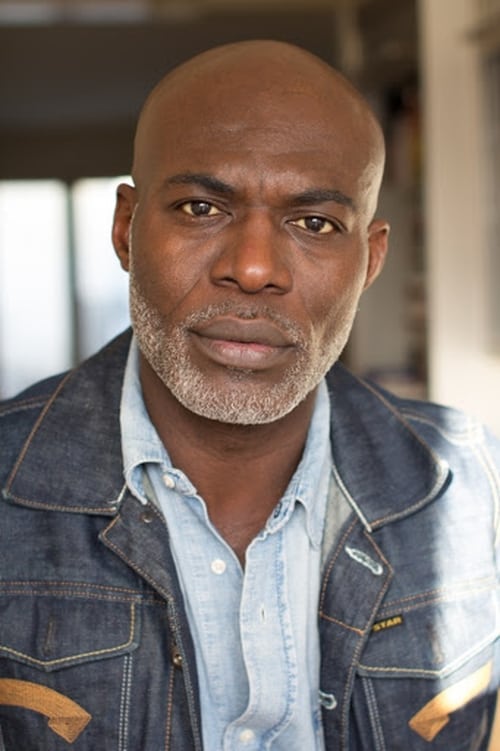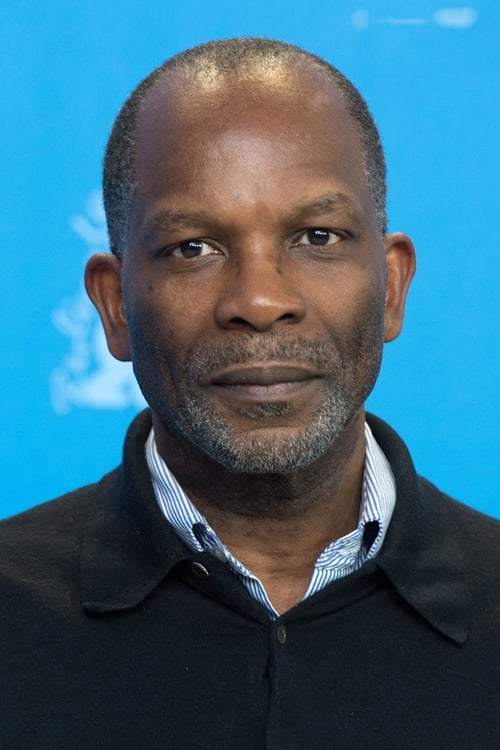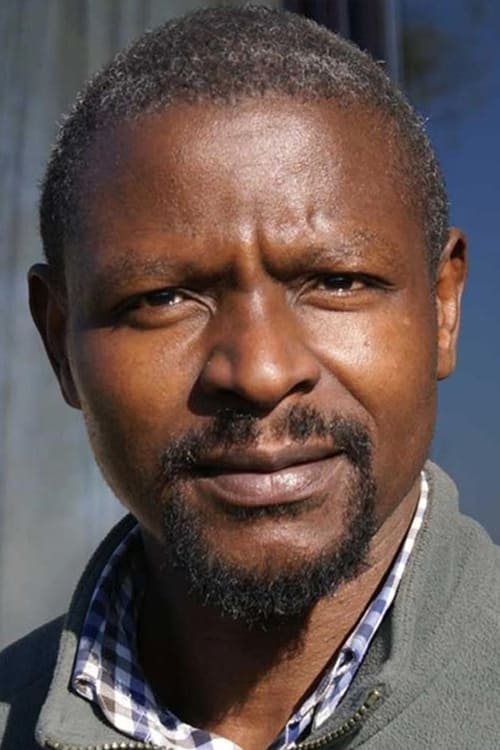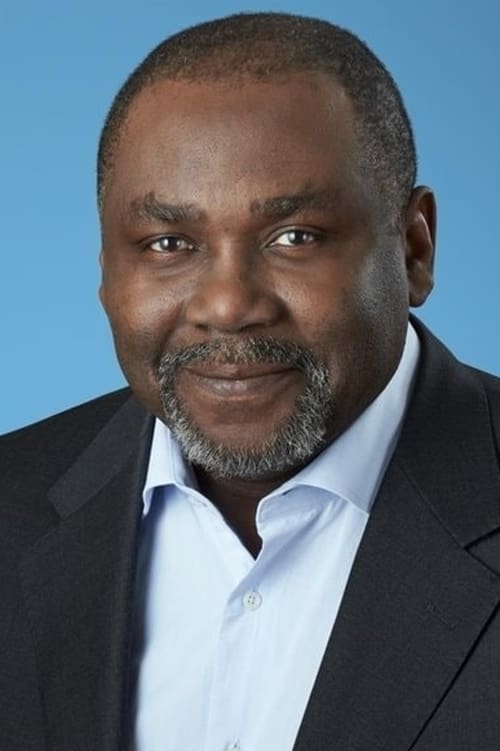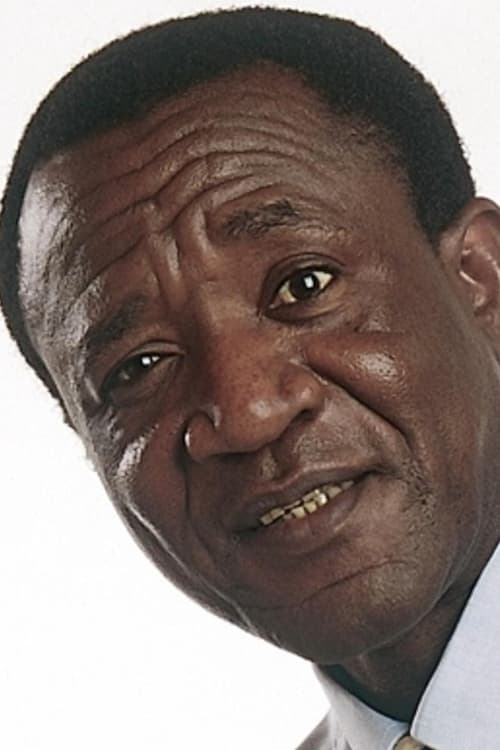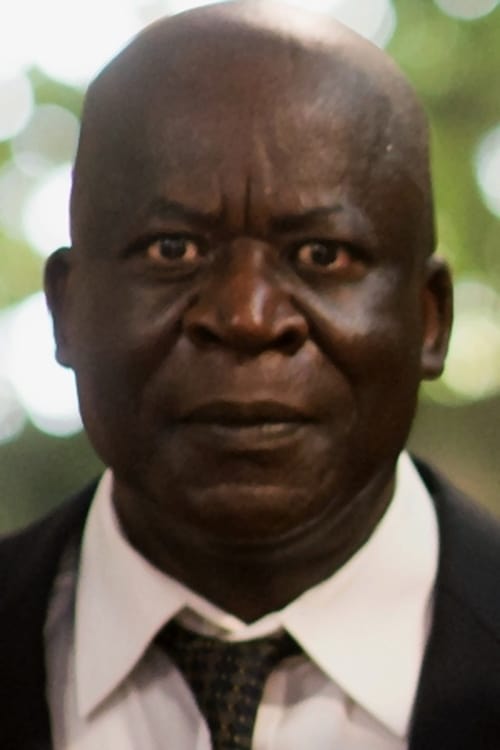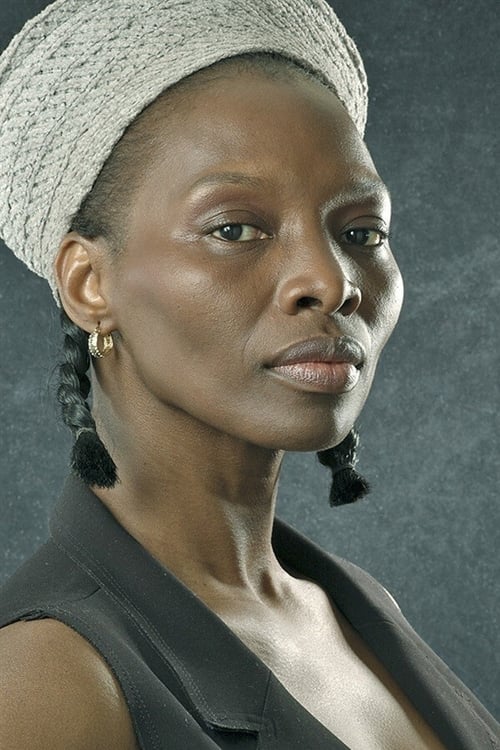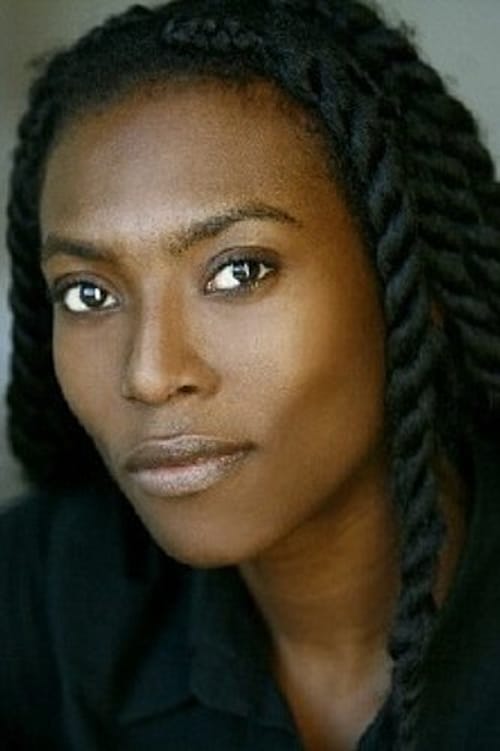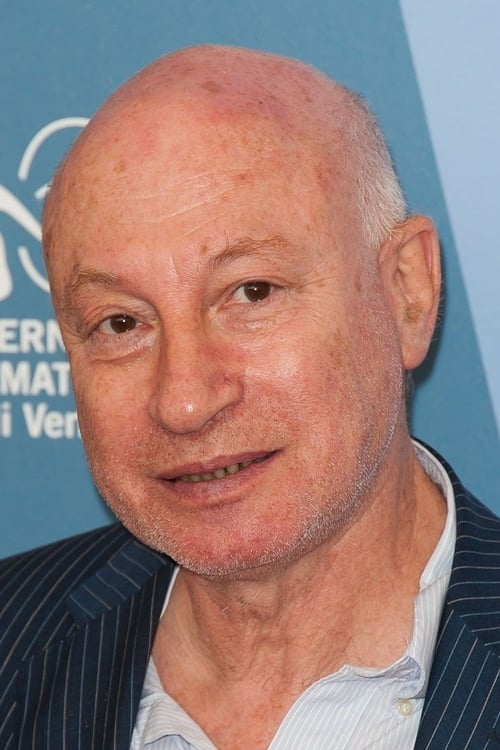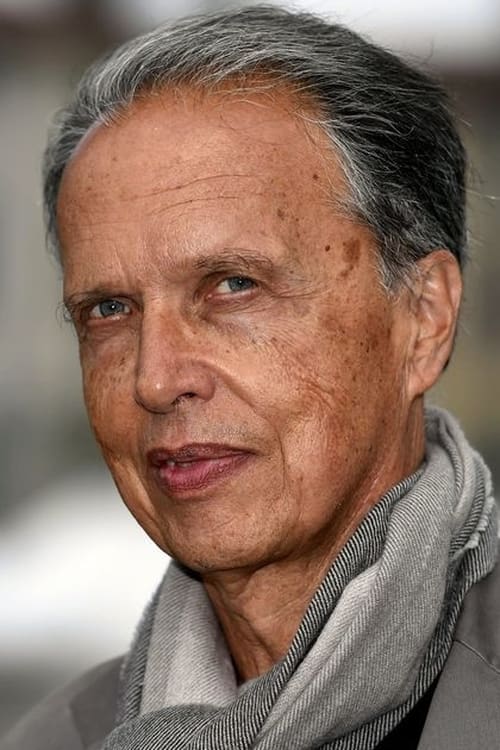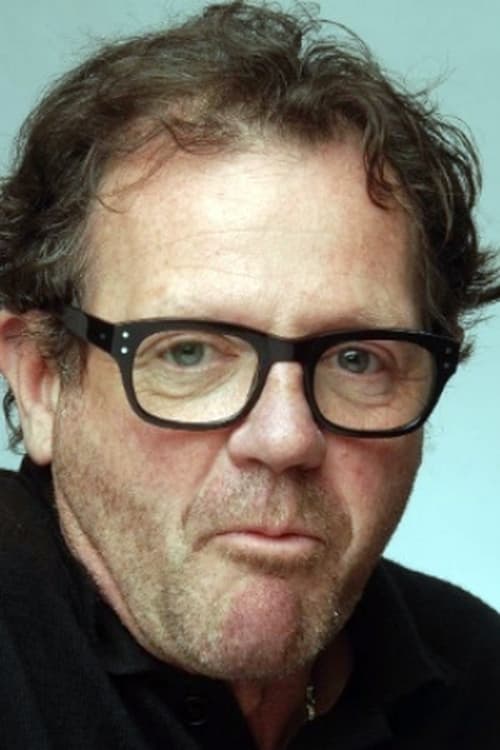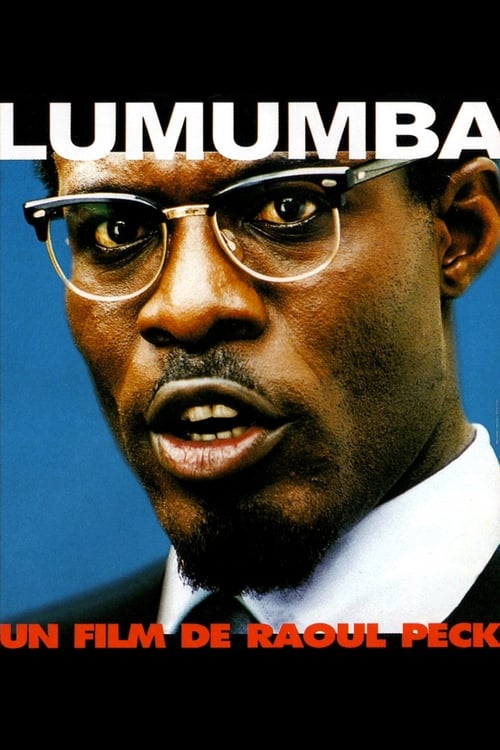
Lumumba (2000)
Genre : Drama, History
Runtime : 1H 55M
Director : Raoul Peck
Synopsis
The true story of the rise to power and brutal assassination of the formerly vilified and later redeemed leader of the independent Congo, Patrice Lumumba. Using newly discovered historical evidence, Haitian-born and later Congo-raised writer and director Raoul Peck renders an emotional and tautly woven account of the mail clerk and beer salesman with a flair for oratory and an uncompromising belief in the capacity of his homeland to build a prosperous nation independent of its former Belgian overlords. Lumumba emerges here as the heroic sacrificial lamb dubiously portrayed by the international media and led to slaughter by commercial and political interests in Belgium, the United States, the international community, and Lumumba's own administration; a true story of political intrigue and murder where political entities, captains of commerce, and the military dovetail in their quest for economic and political hegemony.
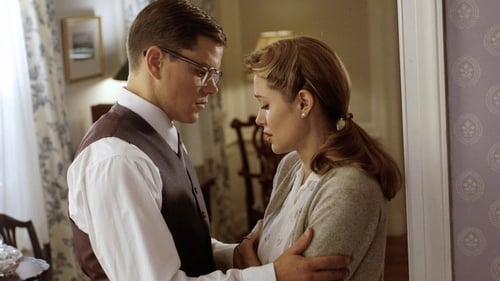
Edward Wilson, the only witness to his father's suicide and member of the Skull and Bones Society while a student at Yale, is a morally upright young man who values honor and discretion, qualities that help him to be recruited for a career in the newly founded OSS. His dedication to his work does not come without a price though, leading him to sacrifice his ideals and eventually his family.
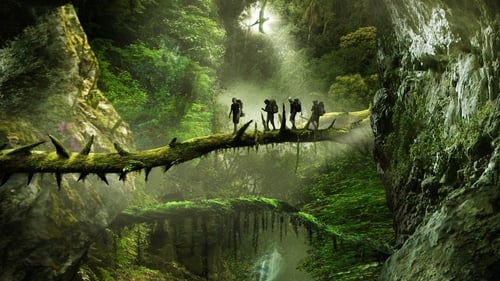
Found footage of an expedition into the Congo jungle where a team of explorers stumbles upon a colony of Dinosaurs.
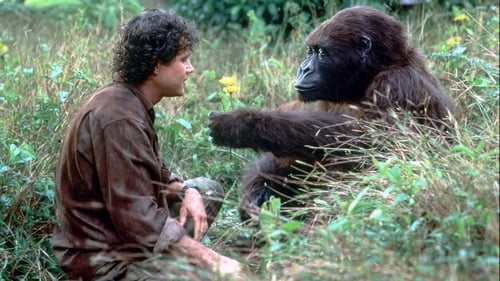
Eight people embark on an expedition into the Congo, a mysterious expanse of unexplored Africa where human greed and the laws of nature have gone berserk. When the thrill-seekers -- some with ulterior motives -- stumble across a race of killer apes.
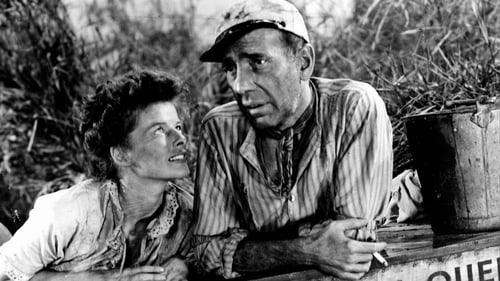
At the start of the First World War, in the middle of Africa’s nowhere, a gin soaked riverboat captain is persuaded by a strong-willed missionary to go down river and face-off a German warship.
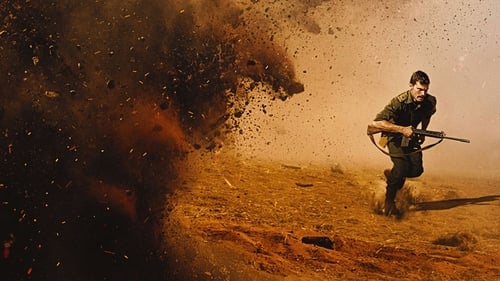
Irish Commandant Pat Quinlan leads a stand off with troops against French and Belgian Mercenaries in the Congo during the early 1960s.
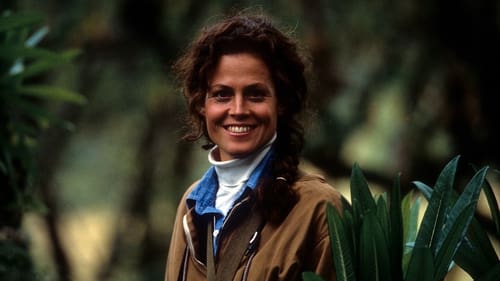
The story of Dian Fossey, a scientist who came to Africa to study the vanishing mountain gorillas, and later fought to protect them.
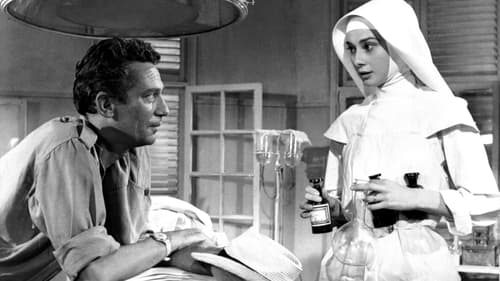
After leaving a wealthy Belgian family to become a nun, Sister Luke struggles with her devotion to her vows during crisis, disappointment, and World War II.
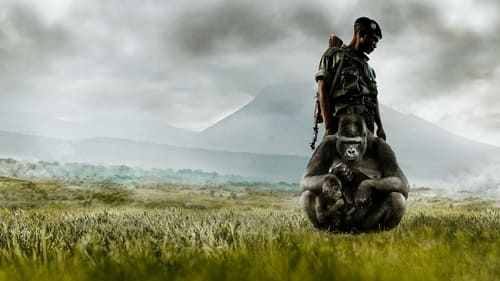
Virunga in the Democratic Republic of the Congo is Africa’s oldest national park, a UNESCO world heritage site, and a contested ground among insurgencies seeking to topple the government that see untold profits in the land. Among this ongoing power struggle, Virunga also happens to be the last natural habitat for the critically endangered mountain gorilla. The only thing standing in the way of the forces closing in around the gorillas: a handful of passionate park rangers and journalists fighting to secure the park’s borders and expose the corruption of its enemies. Filled with shocking footage, and anchored by the surprisingly deep and gentle characters of the gorillas themselves, Virunga is a galvanizing call to action around an ongoing political and environmental crisis in the Congo.
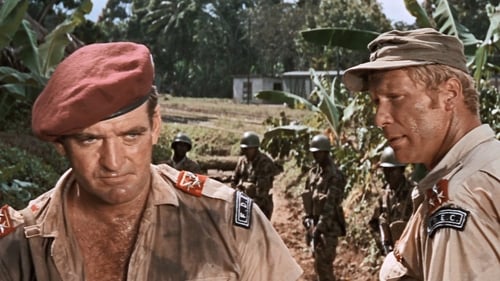
A band of mercenaries led by Captain Curry travel through war-torn Congo across deadly terrain, battling rival armies, to steal $50 million in uncut diamonds. But infighting, sadistic rebels and a time lock jeopardize everything.
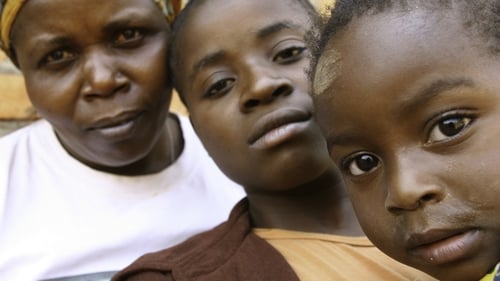
Sexual violence against women is a very effective weapon in modern warfare: instills fear and spreads the seed of the victorious side, an outrageous method that is useful to exterminate the defeated side by other means. This use of women, both their bodies and their minds, as a battleground, was crucial for international criminal tribunals to begin to judge rape as a crime against humanity.
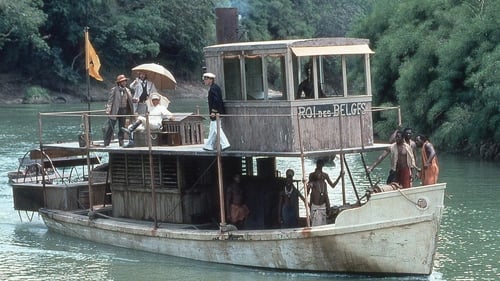
A trading company manager travels up an African river to find a missing outpost head and discovers the depth of evil in humanity's soul.

“In the beginning, women lived apart, unaware of the existence of men. Until one day, when the first woman, Toli, who was brave and adventurous traveled deep into the forest. Toli discovered solitary creatures with big muscles who knew how to climb trees and harvest wild honey. When Toli tasted their honey, she thought they should all live together….” That is how one of the creation stories of the Aka people from the tropical rainforest of the Congo Basin goes. Akaya, Kengole, Dibota and their friends and family are hunters-gatherers (and also great story-tellers) who guide us through their world. They explain their origins, myths, and the very spiritual meaning of life.
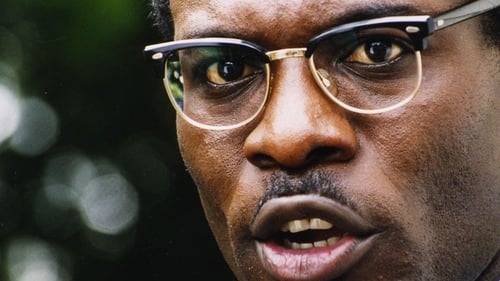
The true story of the rise to power and brutal assassination of the formerly vilified and later redeemed leader of the independent Congo, Patrice Lumumba. Using newly discovered historical evidence, Haitian-born and later Congo-raised writer and director Raoul Peck renders an emotional and tautly woven account of the mail clerk and beer salesman with a flair for oratory and an uncompromising belief in the capacity of his homeland to build a prosperous nation independent of its former Belgian overlords. Lumumba emerges here as the heroic sacrificial lamb dubiously portrayed by the international media and led to slaughter by commercial and political interests in Belgium, the United States, the international community, and Lumumba's own administration; a true story of political intrigue and murder where political entities, captains of commerce, and the military dovetail in their quest for economic and political hegemony.
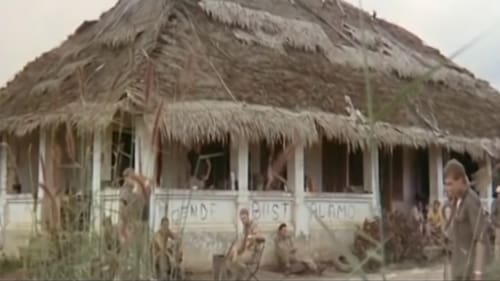
A documentary about the end of the colonial era in Africa, portraying acts of animal poaching, violence, executions, and tribal slaughter.
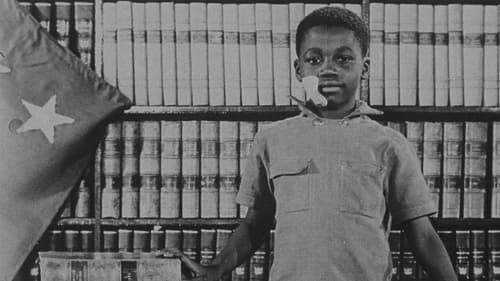
Documentary about African political leader Patrice Lumumba, who was Prime Minister of Zaire (now Congo) when he was assassinated in 1961.
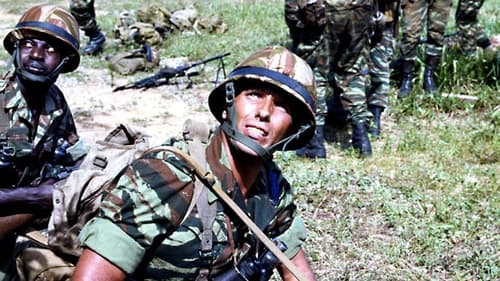
In May 1978, the mining town of Kolwezi in Katanga, Zaire (now Democratic Republic of Congo, the former Belgian Congo) is under attack from a group of communist guerillas coming from nearby Angola. The Europeans who work for the Belgian mining company and the Blacks who live in the town are taken as hostages by the invaders, who start a blood bath, shooting Europeans as well as Africans. Many of the Europeans being French, the French decide to organize a counter-attack, and to send a Regiment of Paratroopers from the Foreign Legion. The movie follows the stories of Delbart, a former non-commissioned officer, who was about to go back to France with his African wife and his child, Damrémont, who was Delbart's replacement, Bia, a Zairian doctor, and Annie, an American married to a Belgian engineer as well as Non com Legion officer Federico and the French Ambassador and the Military Attaché.

An investigation of the emotional and economic value of Africa's most lucrative export: filmed poverty. Deep in the interiors of the Congo, Dutch artist Renzo Martens single-handedly undertakes an epic journey and launches an emancipatory program that helps the poor become aware of what is their primary capital resource: Poverty. After three years of traveling through the Democratic Republic of the Congo he asks the question: "Who owns poverty?
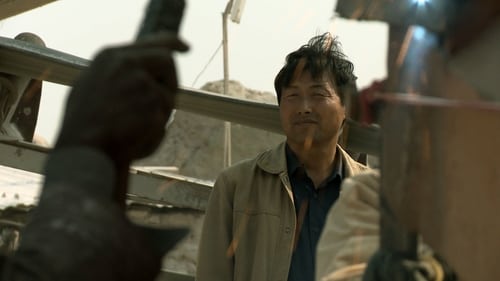
Lao Yang is head of logistics of the group. He is responsible for the equipment, building materials and food (mainly chickens) to arrive in the isolated Chinese prefab camp. The Congolese government was supposed to deliver these things but so far the team hasn't received anything. With Eddy (a Congolese man who speaks Mandarin fluently) as an intermediate, Lao Yang is forced to leave the camp and deal with local Congolese entrepreneurs, because without the construction materials the road works will cease. What follows is an endless, harsh, but absurdly funny roller coaster of negotiations and misunderstandings, as Lao Yang learns about the Congolese way of making deals.
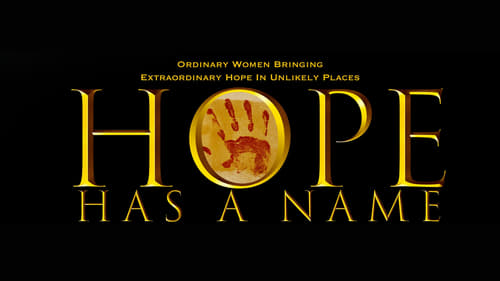
In urban America, the bush of Africa, the war zone of the Congo, and in closed nations there are women who are living outside their own cultures, society, and comfort level to care for orphans, build schools, liberate addicts, feed the poor, and love the broken. These ordinary women are reaching into hopeless situations of people and creating hope.

Documentary about the inhabitants, both human and animal, of the Belgian Congo. Released in 1958.

